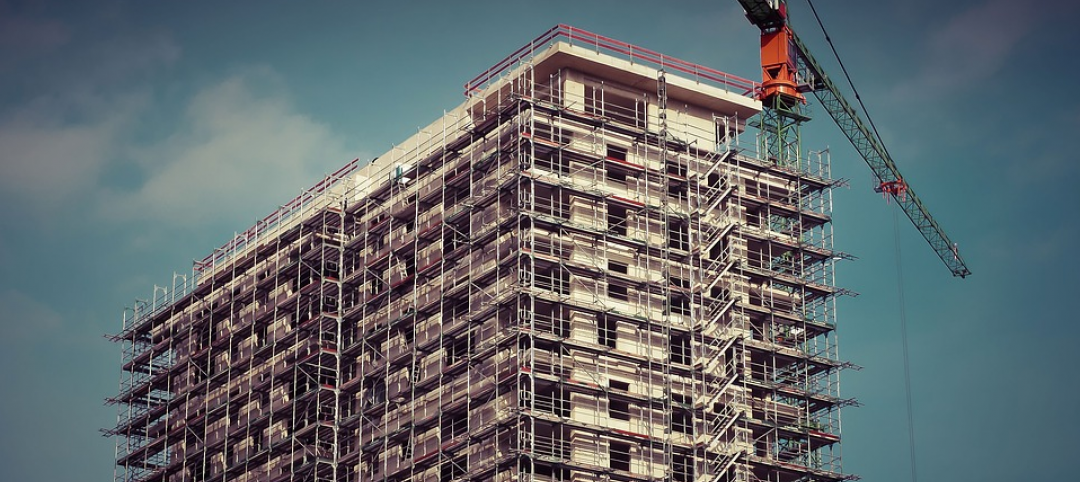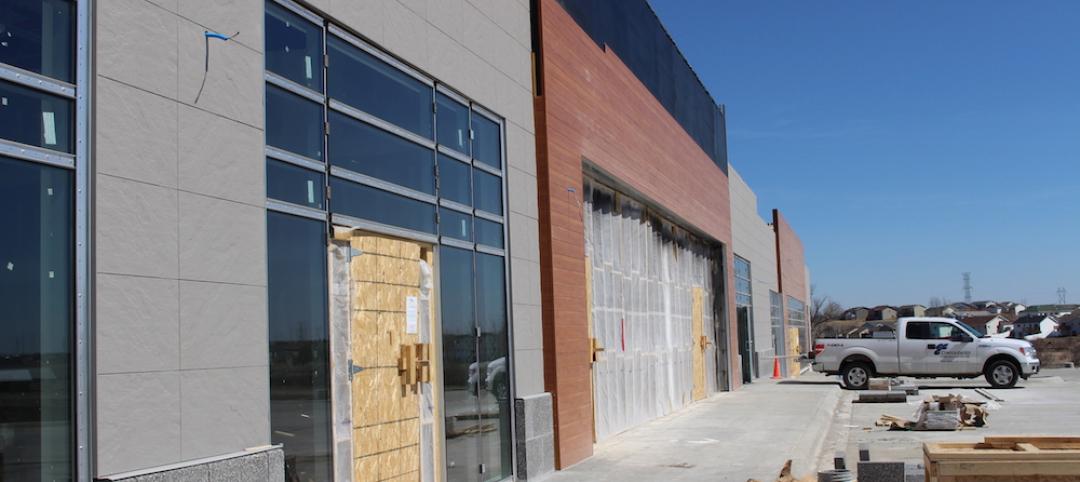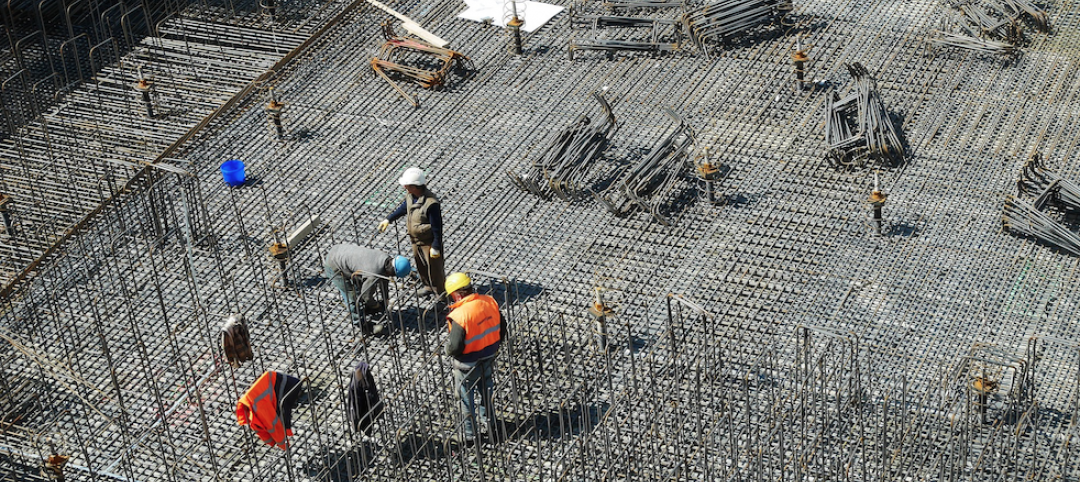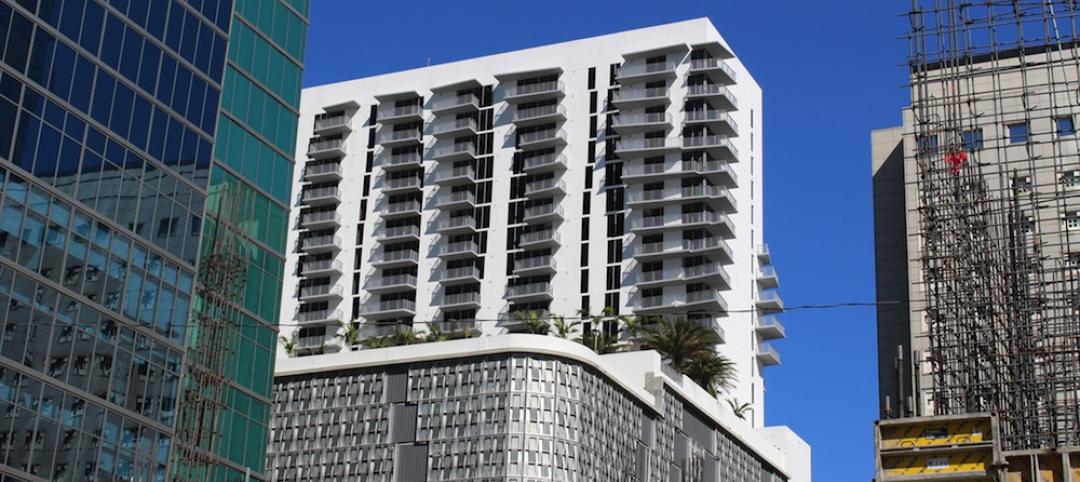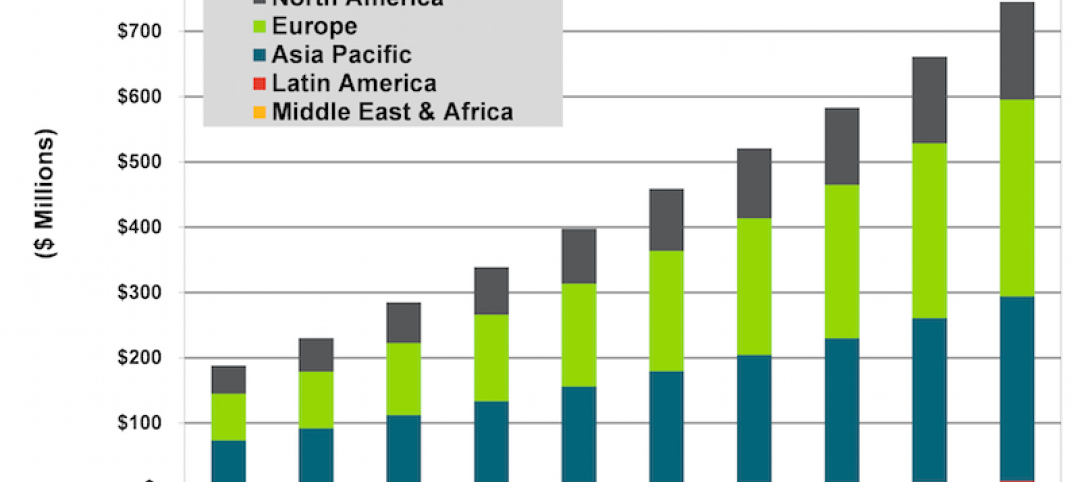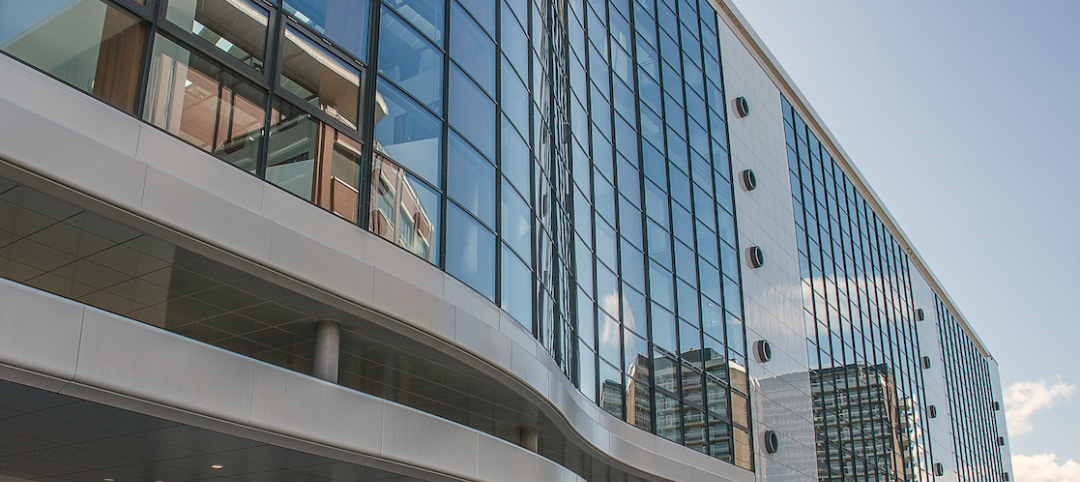Construction spending in December exhibited sharply varied trends, with downturns from a year earlier in every private category, mixed results for public construction, and double-digit increases in residential construction, according to an analysis of new federal construction spending data by the Associated General Contractors of America. Association officials said the new figures demonstrate how the pandemic is boosting demand for new housing while undermining demand for most other types of construction projects.
“Private nonresidential construction has declined for six months in a row, and the slide is accelerating,” said Ken Simonson, the association’s chief economist. “While some categories of public construction have held up so far, state and local budget problems are likely to drive a downturn in public project starts in the next few months.”
Construction spending in December totaled $1.49 trillion at a seasonally adjusted annual rate, an increase of 1.0% from the pace in November and 5.7% higher than in December 2019. But the gains were limited to residential construction, which soared 3.1% for the month and 20.7% year-over-year. Meanwhile, private and public nonresidential spending fell 0.8% from November and 4.8% from a year earlier¬.
Private nonresidential construction spending slumped 1.7% from November to December and 9.8 from December 2019. All 11 private nonresidential categories in the government report declined from a year earlier.
The largest private nonresidential segment, power construction, fell 10.8% year-over-year despite a gain of 0.6% from November to December. Among the other large private nonresidential project types, commercial construction—comprising retail, warehouse and farm structures—slipped 1.4% year-over-year and 2.8% for the month. Manufacturing construction tumbled 17.6% from a year earlier and 5.6% for the month. Office construction declined 3.3% year-over-year despite edging up 0.2% in December. Healthcare construction fell 8.7% from the year before and 3.0% since November.
Public construction spending increased 3.0% year-over-year and 0.5% for the month. Results were mixed among the largest segments. Highway and street construction rose 3.9% from a year earlier and 0.9% for the month. Educational construction increased 4.5% year-over-year and 0.6% in December. But spending on transportation facilities declined 1.0% for the year despite a gain of 0.9% in December.
Private residential construction spending increased for the seventh-straight month, jumping 20.7 year-over-year and 3.1% in December. Single-family homebuilding leaped 23.8% compared to December 2019 and 5.8% for the month. Multifamily construction spending climbed 17.8% for the year and inched up 0.1% for the month.
Association officials said commercial construction was likely to suffer amid weakening demand unless Congress and the Biden administration enact new recovery measures, including backfilling local construction budgets and passing new infrastructure funding. They said the new federal investments were needed to sustain construction employment levels in many parts of the country until private sector demand recovers.
“Even as they work out details on the latest coronavirus relief plan, Congress and the Biden administration need to start work on measures to rebuild the economy and recover lost jobs,” said Stephen E. Sandherr, the association’s chief executive officer. “One of the most effective ways to help the newly unemployed will be to rebuild aging infrastructure and maintain state and local construction budgets.”
Related Stories
Market Data | Jun 14, 2016
Transwestern: Market fundamentals and global stimulus driving economic growth
A new report from commercial real estate firm Transwestern indicates steady progress for the U.S. economy. Consistent job gains, wage growth, and consumer spending have offset declining corporate profits, and global stimulus plans appear to be effective.
Market Data | Jun 7, 2016
Global construction disputes took longer to resolve in 2015
The good news: the length and value of disputes in the U.S. fell last year, according to latest Arcadis report.
Market Data | Jun 3, 2016
JLL report: Retail renovation drives construction growth in 2016
Retail construction projects were up nearly 25% year-over-year, and the industrial and office construction sectors fared well, too. Economic uncertainty looms over everything, however.
Market Data | Jun 2, 2016
ABC: Nonresidential construction spending down in April
Lower building material prices, a sluggish U.S. economy, and hesitation among private developers all factor into the 2.1% drop.
Market Data | May 20, 2016
Report: Urban area population growth slows
Older Millennials are looking to buy homes and move away to more affordable suburbs and exurbs.
Market Data | May 17, 2016
Modest growth for AIA’s Architecture Billings Index in April
The American Institute of Architects reported the April ABI score was 50.6, down from the mark of 51.9 in the previous month. This score still reflects an increase in design services.
Market Data | Apr 29, 2016
ABC: Quarterly GDP growth slowest in two years
Bureau of Economic Analysis data indicates that the U.S. output is barely growing and that nonresidential investment is down.
Market Data | Apr 20, 2016
AIA: Architecture Billings Index ends first quarter on upswing
The multi-family residential sector fared the best. The Midwest was the only U.S. region that didn't see an increase in billings.
Building Technology | Apr 11, 2016
A nascent commercial wireless sensor market is poised to ascend in the next decade
Europe and Asia will propel that growth, according to a new report from Navigant.
Industry Research | Apr 7, 2016
CBRE provides latest insight into healthcare real estate investors’ strategies
Survey respondents are targeting smaller acquisitions, at a time when market cap rates are narrowing for different product types.




